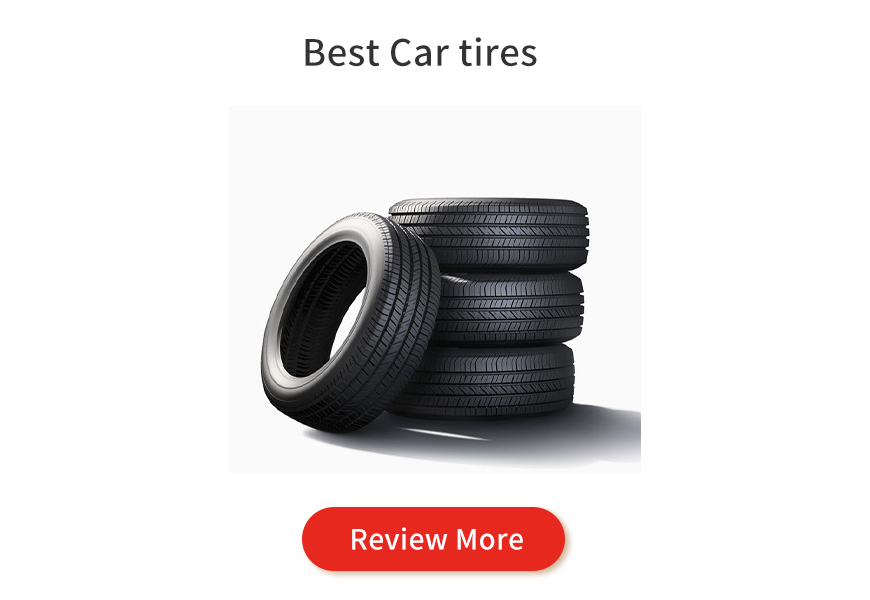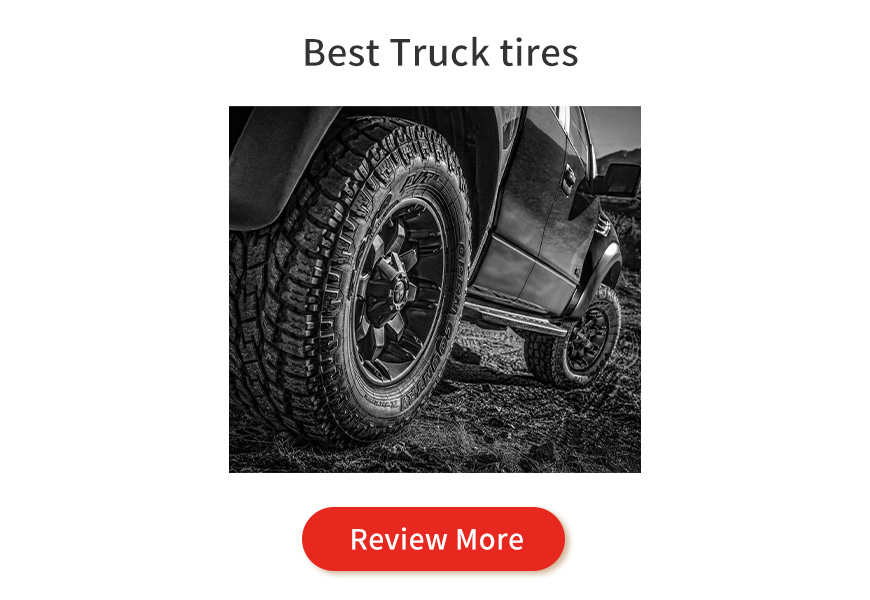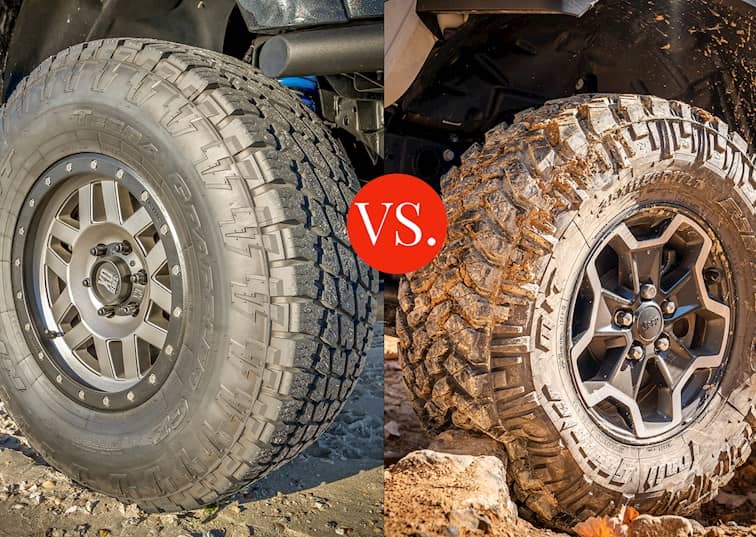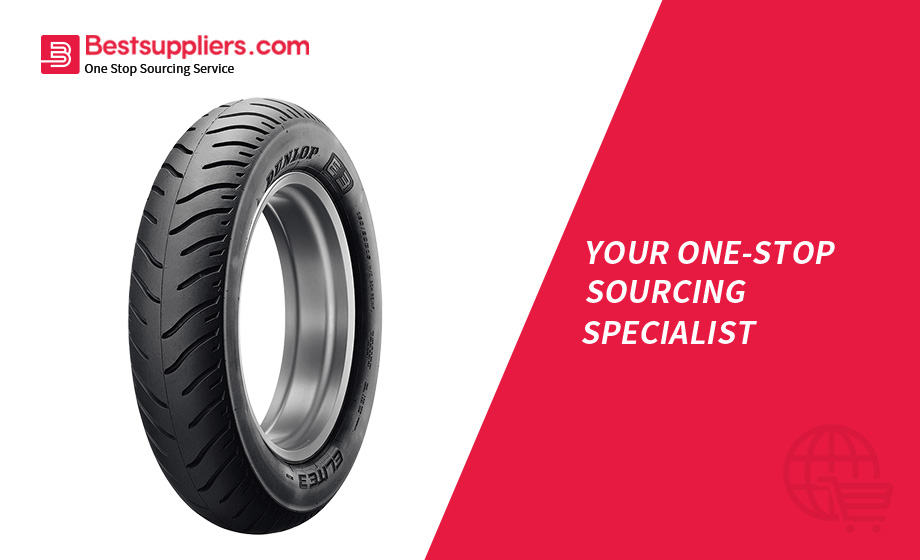Tips For Tire Sourcing: The Best Tyre Suppliers From China

If you’re in the building market for new tires, you might feel overwhelmed by the options available for your vehicle. Wholesale the right tire is not always a black-and-white decision. You will be faced with many brands of tires, different sizes of tires, and different tire patterns, so it is easy to get confused when choosing a tire.
But don't worry: this article will provide you with an effective tire buying guide, so you can make the right tire choice for your car and purchase tires at a low competitive cheap price. Before buying, you can browse the following questions and corresponding answers.
How do manufacturers manufacture a car tire?
The process of manufacturing tires involves :
Sourcing of Materials: car tire production starts from raw material sourcing. The raw materials mainly include natural rubber extracted from rubber trees, synthetic rubber and chemicals from the chemical industry, high-strength steel from the steel industry, and textiles like rayon, nylon, polyester, and aramid fibers
Manufacturing of Components: Components such as steel cord, tread, textile cord, steel bead, sidewall, and inner liner are manufactured separately. Steel cord is embedded in rubber, the tread is extruded into strips, textile threads are combined with rubber, and steel wires are coated and formed into beads
Building the Tire: In this step, the tire will be built by using the tire-building machine, this tire manufacturing process includes placing the tread, sidewalls, and beads in the correct position on a tire-building machine.
Vulcanization: The assembled tire is then heated in a mold to vulcanize the rubber, a process that gives the tire its final shape and properties.
Quality Control: Finally, the tire undergoes rigorous quality control checks to ensure it meets the required standards
what are the most common types of tires
There are various types of tires, and each type of tire is designed for different vehicles and driving conditions. below we will list the main common tires available in the market.
auto tire types for Sedans, Minivans, SUVs, and Racing Car
- All-Season: Versatile tires suitable for a variety of driving conditions. the season tire features tread patterns and rubber compounds that can guarantee a great balance of performance in wet and dry conditions and also in a wide range of temperatures.

- What are touring tires?
Touring tires also named Grand touring tires, The advantages of touring tires are longer tread life, good handling, quieter driving, and a comfortable ride.
Touring tires can withstand faster speeds, and when the car is driving at high speed, it can still bring safety assurance to the car and help the car run smoothly.
- Summer tires
If you live near the equator or have hot summer weather, summer tires are a good choice. Summer tires are more suitable for hot weather conditions and are not suitable for cold winters. When seasonal temperatures rise above 7 °C (46 °F), it's time to swap out your winter tires for summer tires. They offer better grip and responsive handling in the warmer months.
- Performance tires
While touring tires focus more on performance, high-performance tires maximize overall vehicle control and cornering handling. The high-performance tires have anti-lock braking technology, which further guarantees the safety of the car.
Performance tires generally have higher speed ratings and are more responsive than touring tires. Suitable for different weather conditions, better performance on rainy days. The special design of high-performance tires and tread patterns increases the grip, helps the friction between the tire and the ground, and never guarantees the stability and safety of the vehicle.
Trucks and SUVs
If you have a larger vehicle, such as a truck or SUV. When you are driving, you have a high demand for the ability of the vehicle's tires to withstand the terrain. Depending on your car usage, driving style, and location, you may consider one of the following options.

1. How long do highway tires last?
Trucks and SUVs are heavier vehicles. Highway tires are designed to help create a smooth, even ride at increased speeds despite the vehicle’s mass. Heavy-duty vehicles have high requirements for tire stability and driving speed. The design of highway tires just meets the expectations of these heavy-duty vehicles.
Many highway tires have tread patterns that help support the wear and tear of the tires might face while avoiding unevenness. The tires are generally designed to support traction during all seasons.
Highway tires are not in good condition on icy roads, or off-road and muddy. If you are in extreme weather or are an off-road enthusiast, then you are not recommended to use this tire.
Tyre Tread Patterns have three types: symmetric tread patterns, asymmetric tread patterns, and directional tread patterns. Tire tread patterns are not only designed on highway tires but also on others.
If you have been using it under good driving habits, generally normal tires can be used for 60,000 to 75,000 miles, used for about four or five years. However, the service life of each vehicle's tires is different, and it should be considered comprehensively according to the quality of your tire manufacturer's tires and your usual driving factors.
2. All-terrain tires VS mud tires
All-terrain tires are most common for on-road and off-road use. All-terrain tires give you smooth and smooth form on asphalt roads, while also supporting you through muddy passages and passages such as rocks and sand roads. All-season tires are made with special tread compounds and rubber that keep them springy in both summer and winter But are Not Ideal for Extreme Winter Conditions and Extreme Summer. If you periodically experience extreme weather conditions, all-season tires may not be the best choice for you.
All-terrain tires have smaller tread patterns and voids than mud-terrain tires. Mud terrain tires feature deep ridges, these are designed to clear mud and debris, as well as grip and release terrain more effectively, helping to maintain traction on a variety of treacherous roads.
Different types of specialty tires

3. Winter/snow tires
Winter/snow tires are common in many regions and countries, mainly for cold weather conditions. If the weather gets warmer, they won't handle or wear out like all-season or summer tires. Snow/winter tires have treads that dig through snow and ice, help with braking to ensure you can stop quickly if needed, and are usually studded or not. Studded winter tires help keep the ground from freezing; however, some areas may not allow their use on roads, Winter Tires with Studs Can Damage the Roads, so check with your state's Department of Transportation or motor vehicle regulations.
What is the lifespan of tires in Nigeria?
The question, "How many miles do tires last?"This leads to more questions, such as, "How often should tires be replaced?" When do you change the tire? How do you make tires last longer?" Fortunately, we can help clarify these issues.
Honda North mentions in the article that car tires should have an average of 50,000 to 60,000 miles on them, but the true form of mileage depends on your manufacturer. Bridgestone Tires in the article that, people drive between 12,000 to 15,000 miles a year, which means the average good quality all-season tire will last somewhere between. There is no definite answer to the service life of tires, we will give several important tire service lifetime factors. So as to effectively avoid excessive use of tires and prolong the service life of your tires.
1. Weather effects
Driving in severe weather conditions such as icing, snow, heavy rain, etc. will cause tires to wear faster as the tires have to work harder to maintain traction. Purchasing tires specifically designed for specific weather conditions can give the driver an extra measure of traction and control (meaning greater safety) while providing a good track.
2. bad driving habits
Poor driving habits such as sharp turns, rapid acceleration, and sudden hard braking can greatly increase the pressure on your tires, causing them to wear out faster. Drivers can extend the life of their tires through good driving habits.
3. road condition
Hitting road obstacles or driving on broken roads can cause misalignment and suspension damage, increasing tire wear and age. If these conditions exist in your daily driving, be sure to check the usage of the tires regularly to avoid accidents.
Does our tire assortment meet the tire size you need? If you have customization needs, you can contact us directly, and we will customize it for you to complete your tire procurement project.
We will update more knowledge about tires later, so stay tuned!

Are 20-year-old tires safe?
Usually, the 20-year-old tire is not recommended to keep using, which is always considered unsafe. as the tire is mainly made of rubber, which is a material that can degrade over time due to exposure and heat.

